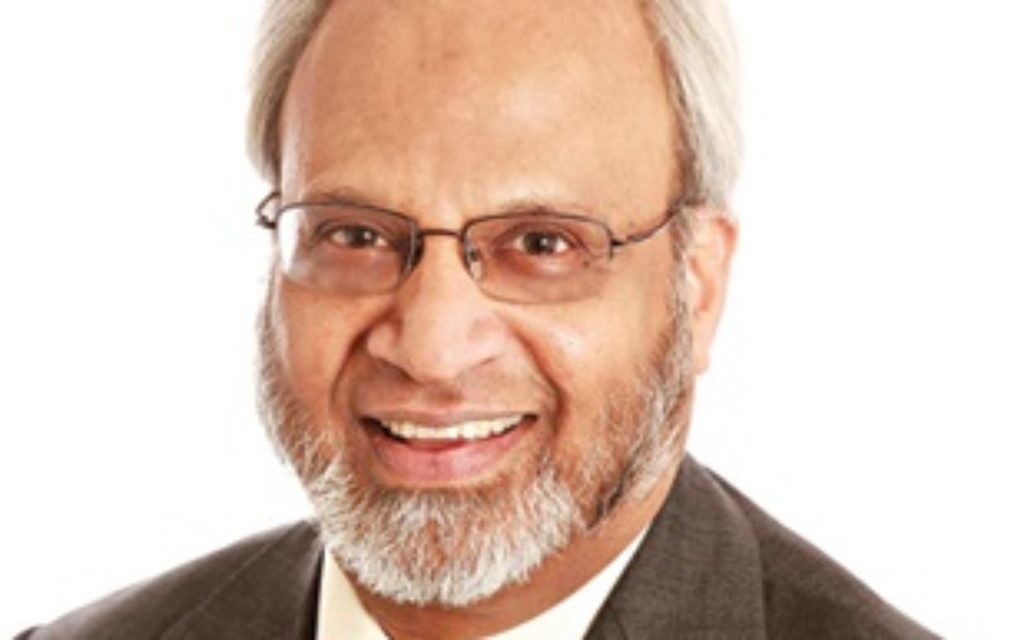Muslim parents are refusing to allow their children to take part in a nationwide flu vaccine drive after the Muslim Council of Britain ruled the treatment was forbidden by Islam.

Public health officials have raised concern over the number of Muslim children expected to be withdrawn from a major programme beginning in schools next month.
For the first time, every healthy child of primary school age in England will be offered a nasal spray vaccine to protect people of all ages from the virus.
But Muslim parents across the country have been told that the Fluenz spray is not permitted because it contains gelatine derived from pigs, which are considered unclean.
In some areas the “vast majority” of Muslim parents have vowed to withdraw their children from the programme, community leaders revealed.
Tonight the Royal College of Public Health said the situation “added to the risk of major flu outbreaks” and urged the government to offer a halal alternative vaccine acceptable to Muslims.
Since 2013 the nasal spray vaccine has been gradually introduced to healthy children, beginning with youngsters in nursery school. An injectable alternative without gelatine does exist, but is only offered to children at higher risk.
The programme has resulted in a significant reduction in flu cases, and from August the Fluenz spray will be offered to every child between the ages of two and ten.
However Public Health England documents seen by the Telegraph reveal concern that uptake in Muslim areas has already been “significantly lower” than the average.
“Vaccine uptake is significantly and independently associated with increasing deprivation, ethnicity and areas with the largest Muslim populations,” the document says.
Across England, the document adds, the most common reason for refusal given by parents was “vaccine contains porcine gelatine”.
“Religious faith is an important area for public health efforts so that the gap between these populations and baseline groups is minimised further,” it says.
NHS England has urged Muslim parents to consider making an exception because the vaccine can be “considered different from ingesting food”.
But the Muslim Council of Britain told the Telegraph that it was advising imams to tell parents that Fluenz is “not acceptable in Islam”.
Dr Shuja Shafi, chairman of the MCB’s research and documentation committee, said: “We have consulted the scholars and this is their view. Since then we have been giving people the information so that they can make their judgement.
“We need another vaccine which is halal and can be offered to all. We urge the government and the industry to make this happen.”
Azhar Ali, leader of the Labour group on Lancashire County Council, said the “vast majority” of Muslim parents in his county planned to withdraw their children from the programme.
“Many mosques have been promoting that this vaccine is not halal, so children shouldn’t use it,” he said.
“It’s putting children at risk, in my view. I think the government needs to work out how to offer an alternative. If they don’t we could end up with a serious problem.”
Jewish leaders have already ruled the vaccine permissible because the pork gelatine is not eaten.
Last year the Vegetarian Society called the Fluenz spray “upsetting” but stopped short of advising parents to withdraw their consent.
The government has insisted that the gelatine is purified to the point that it no longer contains traces of pig DNA.
Targeting children with the vaccine is seen as particularly important because they are so-called ‘super-spreaders’ who pass the disease to vulnerable people, such as the elderly. Last year winter deaths in England hit a 42-year high.
Dr Mary Ramsay, Head of Immunisation at PHE said: “We strongly support the childhood flu programme which uses the nasal spray vaccine to protect children and the wider community from influenza.
“We know that concerns remain amongst some communities about the acceptability of the nasal spray and we have discussed this with the Muslim Council and other faith groups.
“Our first priority is to ensure that vaccines are safe and effective, and PHE does recommend acceptable alternative vaccines where we believe they will perform as well.
“PHE encourages parents to seek advice from their faith or other community leaders to inform their decision about whether to vaccinate their child.”
Kindly follow us on twitter:@AfricanVoice2










